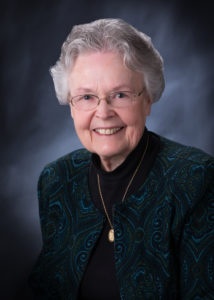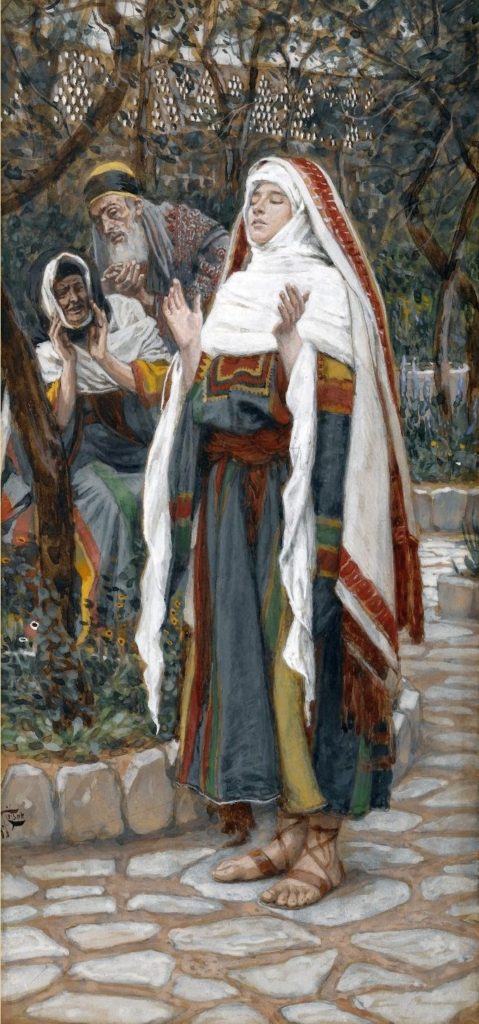Conference 2: Holy Monday, Tuesday, and Wednesday – That All May Be One: A Holy Week Retreat /w Msgr. Esseff & Sr. Cor Immaculatum Heffernan – Discerning Hearts Online Retreat
Retreat Directors: Monsignor John A. Esseff and Sister Cor Immaculatum Heffernan, IHM
Podcast: Play in new window | Download (Duration: 53:12 — 36.6MB) | Embed
Subscribe: Apple Podcasts | Spotify | Amazon Music | Android | Pandora | iHeartRadio | JioSaavn | Podchaser | Gaana | Podcast Index | Email | TuneIn | Deezer | Anghami | RSS | More
The Paschal Mystery
Unbelief…Darkness…Betrayal…Abandonment…
Theme: The Coming of Jesus’ Hour John 12: 20-50
The Anointing at Bethany John 12: 1-8
- Jesus knows He’s going to suffer and die although the
apostles and friends are unaware
- Mary’s anointing, thought useless and extravagant by Judas, foretells the anointing for Jesus’ burial
- Reflection: In my life, what are those events that have made me say: If only I had known, I would have………
- Jesus’ Hour of Darkness John 12: 27-50
- Jesus is troubled…it was for this purpose that He came to this hour
- Judas betrays Jesus Luke 22: 1-6
Reflection: What is my darkness…sinfulness…sin? 1 John 1: 5-10
O Holy Spirit to reveal to me my sinfulness.
What is my hour of darkness…when have I turned away from the light? John 3: 16-21
 Msgr. John A. Esseff is a Roman Catholic priest in the Diocese of Scranton. He served as a retreat director and confessor to St. Teresa of Calcutta. He continues to offer direction and retreats for the sisters of the missionaries of charity. He has lived in areas around the world, serving in the Pontifical missions, a Catholic organization established by St. Pope John Paul II to bring the Good News to the world especially to the poor. He is a founding member of the Pope Leo XIII Institute. He continues to serve as a retreat leader and director to bishops, priests and sisters and seminarians, and other religious leaders.
Msgr. John A. Esseff is a Roman Catholic priest in the Diocese of Scranton. He served as a retreat director and confessor to St. Teresa of Calcutta. He continues to offer direction and retreats for the sisters of the missionaries of charity. He has lived in areas around the world, serving in the Pontifical missions, a Catholic organization established by St. Pope John Paul II to bring the Good News to the world especially to the poor. He is a founding member of the Pope Leo XIII Institute. He continues to serve as a retreat leader and director to bishops, priests and sisters and seminarians, and other religious leaders.

Sister Cor Immaculatum Heffernan, IHM is a member of the Sisters, Servants of the Immaculate Heart of Mary, Scranton, PA. “ She holds several degrees: a Bachelor of Arts in English/Art and a Master of Science degree in Counseling, both from Marywood; a Master of Arts degree in Sculpture from the University of Notre Dame; and a Master of Fine Arts degree in Illustration from Syracuse University. Her multi-faceted life is in itself a masterpiece: she is a teacher, a mentor, and a consultant; she is a sculptor, a harpist, a calligrapher, and a creator of mosaics; she is a counselor, a spiritual director, and above all, she is a servant of God to others”.




